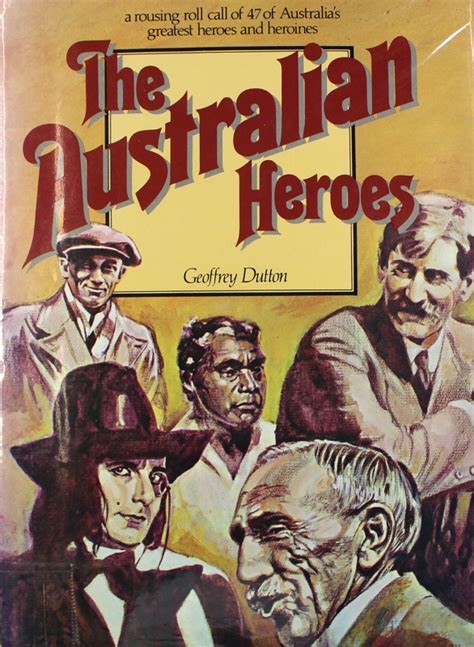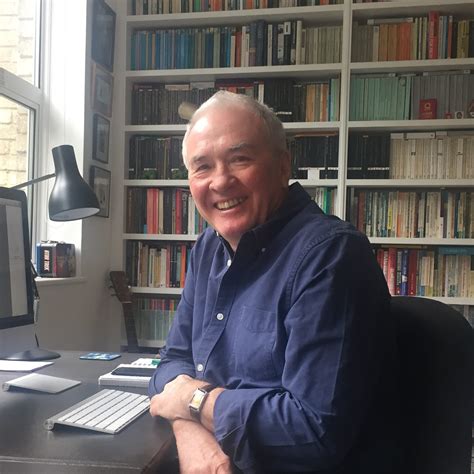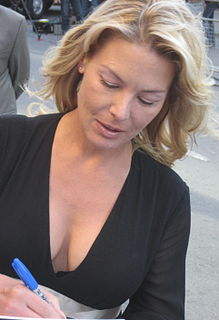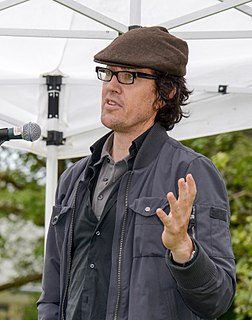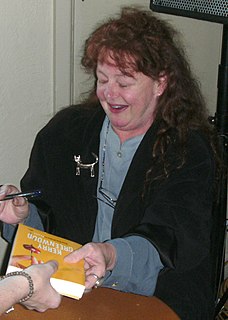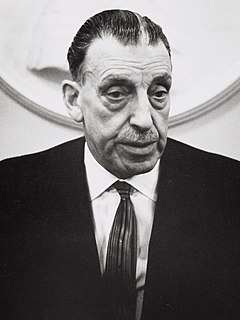Top 16 Gallipoli Quotes & Sayings
Explore popular Gallipoli quotes.
Last updated on December 22, 2024.
All these mountains of Irish dead, all these corpses mangled beyond recognition, all these arms, legs, eyes, ears, fingers, toes, hands, all these shivering putrefying bodies and portions of bodies once warm living and tender parts of Irish men and youths - all these horrors in Flanders or the Gallipoli Peninsula, are all items in the price Ireland pays for being part of the British Empire.
Our prime minister could embrace and forgive the people who killed our beloved sons and fathers, and so he should, but he could not, would not, apologise to the Aboriginal people for 200 years of murder and abuse. The battle against the Turks, he said in Gallipoli, was our history, our tradition. The war against the Aboriginals, he had already said at home, had happened long ago. The battle had made us; the war that won the continent was best forgotten
I am not a historian, but I find myself being more and more fascinated by history and now I find myself reading more and more about history. I am very interested in Napoleon, at the present: I'm very interested in battles, in wars, in Gallipoli, the First World War and so on, and I think that as I age I am becoming more and more historical. I certainly wasn't at all in my early twenties.
Australians are not given to applauding tragedy unless it is at a distance like Gallipoli or Cooper's Creek, and they prefer pure heroism to be spiced with disaster, except of course in sport. It was all very well for Adam Lindsay Gordon to have shot himself, but it would never have done for Don Bradman.
Australians and New Zealanders don't talk about Gallipoli in terms of invasion. I started talking about it and using that word and at first there were a few people who were getting upset in the same way that in any country, if you work for a newspaper you know exactly the dude you can go and talk to get a knee-jerk reaction when it comes to something to do with the military.
More than anything else, though, to anyone who would write about it, golf offers a four-hour drama in two acts, which becomes memorable even in the tape-recorded reminiscenses of old champs, and which - in the hands of someone like Herb Wind - can become a piece of war correspondence as artfully controlled as Alan Morehead's account of Gallipoli.
Churchill may have made some horrendous mistakes - Gallipoli, for one - but he had a sense of the profundity and integrity of the English experience. By contrast, Blair believes he excised the past in 1997, though what no one on the left seems to have realised is that his historic mission was to destroy the Labour party, not the Tories.
In later years, it was common, and I was guilty in this respect, to question the motives of those who joined the new British armies at the outbreak of the Great War, but it must, in their honour and fairness to their memories, be said that they were motivated by the highest purpose, and died in their tens of thousands in Flanders and Gallipoli, believing that they were giving their lives in the cause of human liberty everywhere, including Ireland.



